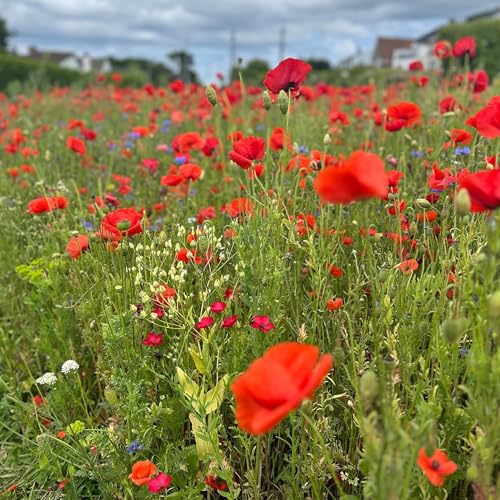Part 2 of "It is Abhorrent to Me to Stage a Picture…" A Conversation with George Azar
Host: Luke Sheehan
Music: Loafing Heroes - https://theloafingheroes.bandcamp.com
George Azar: An Introduction
George Azar was born in 1959, the descendant of Lebanese olive farmers who had set sail from Beirut a century earlier. They settled in South Philadelphia, a working-class enclave—later immortalized in 'Rocky'. It was a mix of Italians, Irish, Polish, Jewish, and Lebanese families, a tough, mafia-controlled neighborhood where people staked their claims street by street.
After graduating from UC Berkeley in Political Science, he postponed graduate school to see first-hand a war he had only read about. He covered the Lebanese Civil War as a front line news photographer, immersing himself and seeing the conflict up-close.
The war brought moments that could be scripted for an absurdist play, like the teenage Shia gunmen and snipers who called themselves "The Smurfs". For the dissonance between their youth, and the brutal violence they lived mirrored the contradictions his photography sought to capture.
Azar learned the unwritten rules of the new industry where the pictures most in demand were 'Bang Bang' photos: high-drama, front-line images that convey the raw violence of war. His first photo captioned Machine Gun Alley, marked his entry into the profession. A strong image from the front line sold for $60, while a photo of a woman firing a weapon might land on front pages worldwide. Some photographers gave in to the temptation to stage scenes. Azar found the practice indefensible. "To me, it is abhorrent to stage an image."
The photographs Azar values most capture often quiet, deeply human moments: an elderly man weeping into his bed, a mother standing amidst the ruins of her Gaza kitchen, and Palestinian shepherd in a field of yellow wildflowers that grace the cover of his book, 'Palestine, A Photographic Journey' (UC Press, 1991).
Azar left Lebanon after the war physically and emotionally drained. He returned to Philadelphia, and worked for the local newspaper. But the pull of the Middle East proved irresistible. The First Intifada drew him back, beginning a new chapter in his career, this time focused on the freedom struggle in Palestine.
In conversation, Azar shared astonishing stories: the Irish junkies linked to the IRA who lived above him; Issa Abdullah Ali, a renegade African-American soldier who converted to Islam, defected and joined Iran's Revolutionary Guard and fought the Israelis in the 1982 battle for Beirut; and his encounters with journalism legends Robert Fisk, Patrick Cockburn and photojournalist Don McCullen.
The conversation unfolded against a backdrop of Israeli drone sounds, power outages, and rising tensions—a grim reminder that Lebanon is once again in the grip of war. The country faces yet another reshaping, one that will demand extraordinary resilience from its people and, perhaps, a reimagined political future.
 2 hrs and 11 mins
2 hrs and 11 mins 54 mins
54 mins Mar 26 202557 mins
Mar 26 202557 mins 56 mins
56 mins Jan 31 20251 hr and 25 mins
Jan 31 20251 hr and 25 mins 50 mins
50 mins 1 hr and 12 mins
1 hr and 12 mins 41 mins
41 mins
